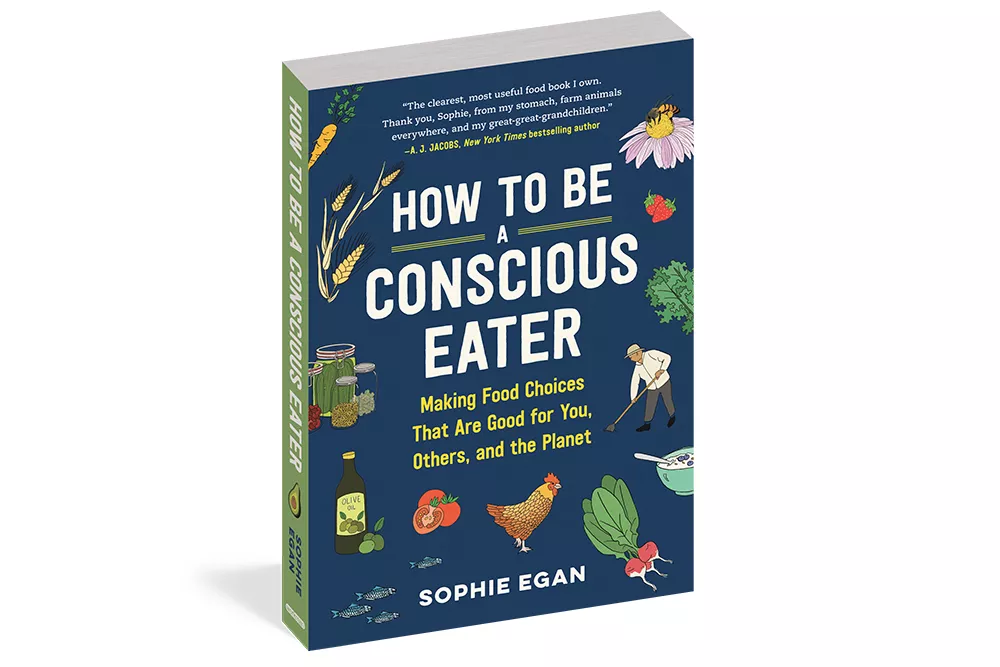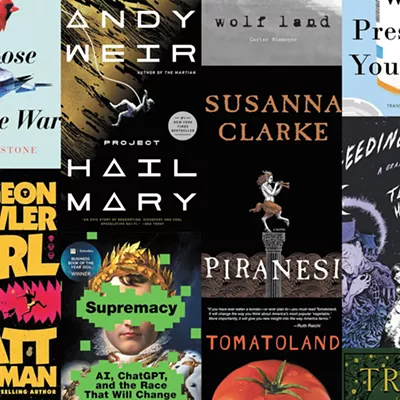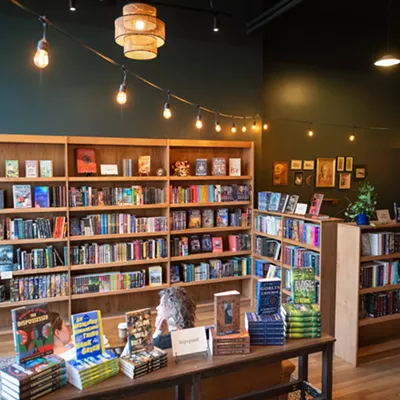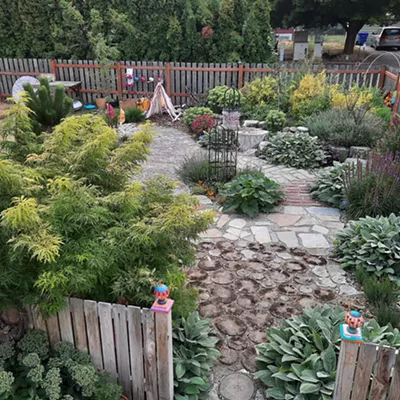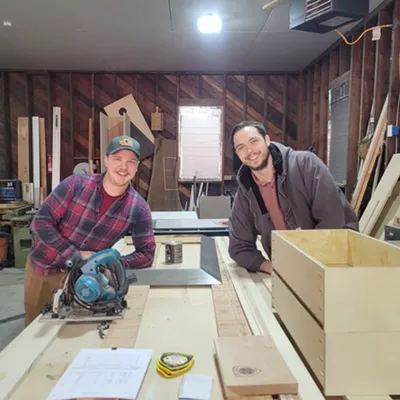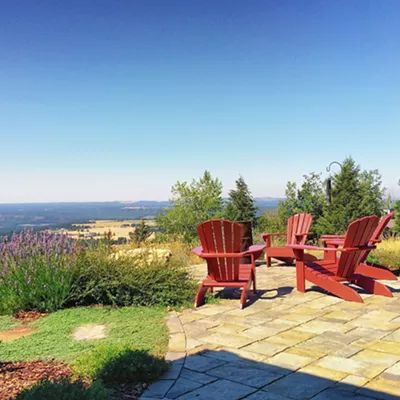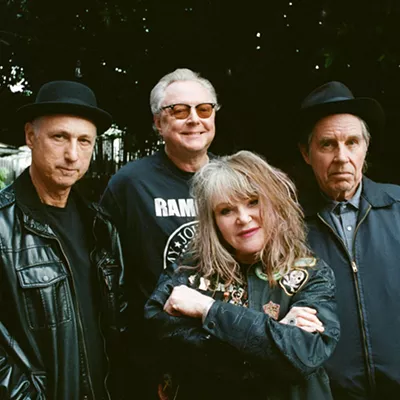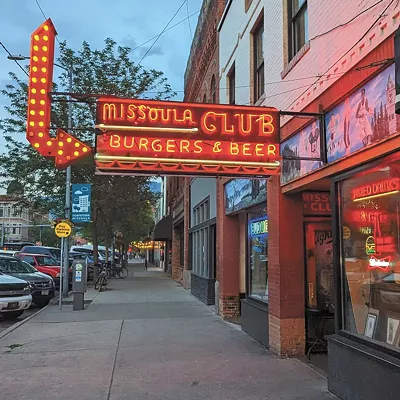One of the problems with trying to be smart about what you eat when you're not an expert is just the sheer volume of information out there.
Visit one website, and eggs are terrible. Read a book, eggs are just fine. For every place offering tips on the healthiest fish to eat, you'll find another source telling you to avoid anything that once lived in the oceans since humanity has polluted them to death.
It's easier to give up than keep trying to find good information. Before you give up, though, be sure to read Sophie Egan's new book How to Be a Conscious Eater. It's a remarkably far-ranging tome that delves into discussions of all sorts of foods using three main questions as jumping-off points: Is it good for me? Is it good for others? Is it good for the planet?
Egan isn't here to offer a hippie-dippie argument pushing readers to all go vegan, or only eat organically, although you might reach those conclusions yourself. She's here to push accurate information in an eminently readable way so readers can make informed decisions for themselves and their families. She's the director of health and sustainability for the Strategic Initiatives Group at the Culinary Institute of America, so she knows her stuff, and she's also an engaging writer who contributes regularly to The New York Times's Health section, among other outlets.
The book is broadly organized into four sections: "stuff that comes from the ground, stuff that comes from animals, stuff that comes from factories, and stuff that's made in restaurant kitchens." And within each of those, you'll find short "chapters" like "How The Heck Do I Read A Food Label?" and "A Gentle Rain on the Plant-Based Parade." You can open the book to any random page and find useful (and sometimes shocking) information, and it's written in a way that avoids science-speak in favor of language all readers can understand.
You might be sad to learn how much water is used to provide your favorite food (45 gallons for one avocado!?!), or what plastics and artificial sugars are doing to your body and the planet, but you won't find a better book to capture so many food issues in one place.

